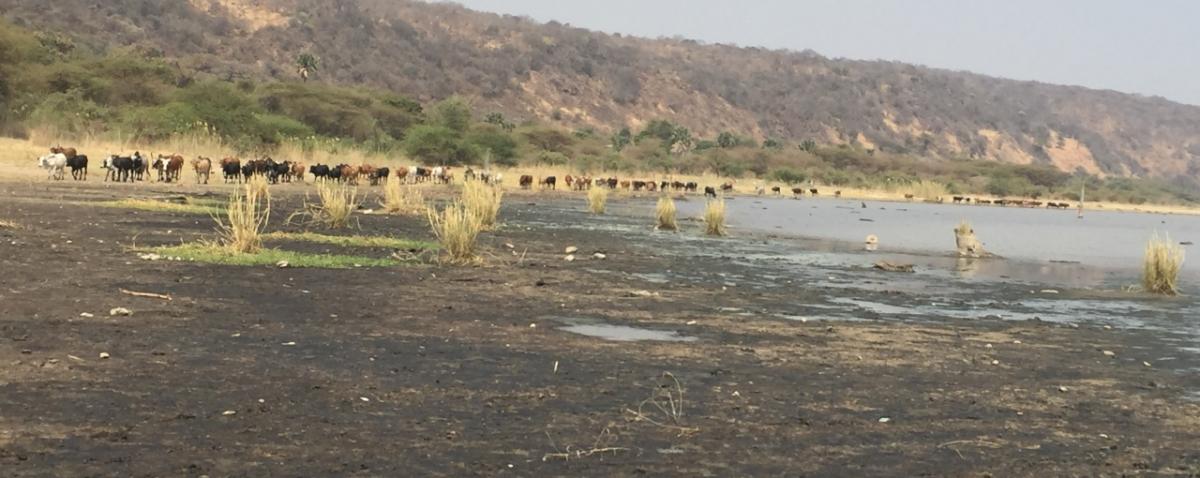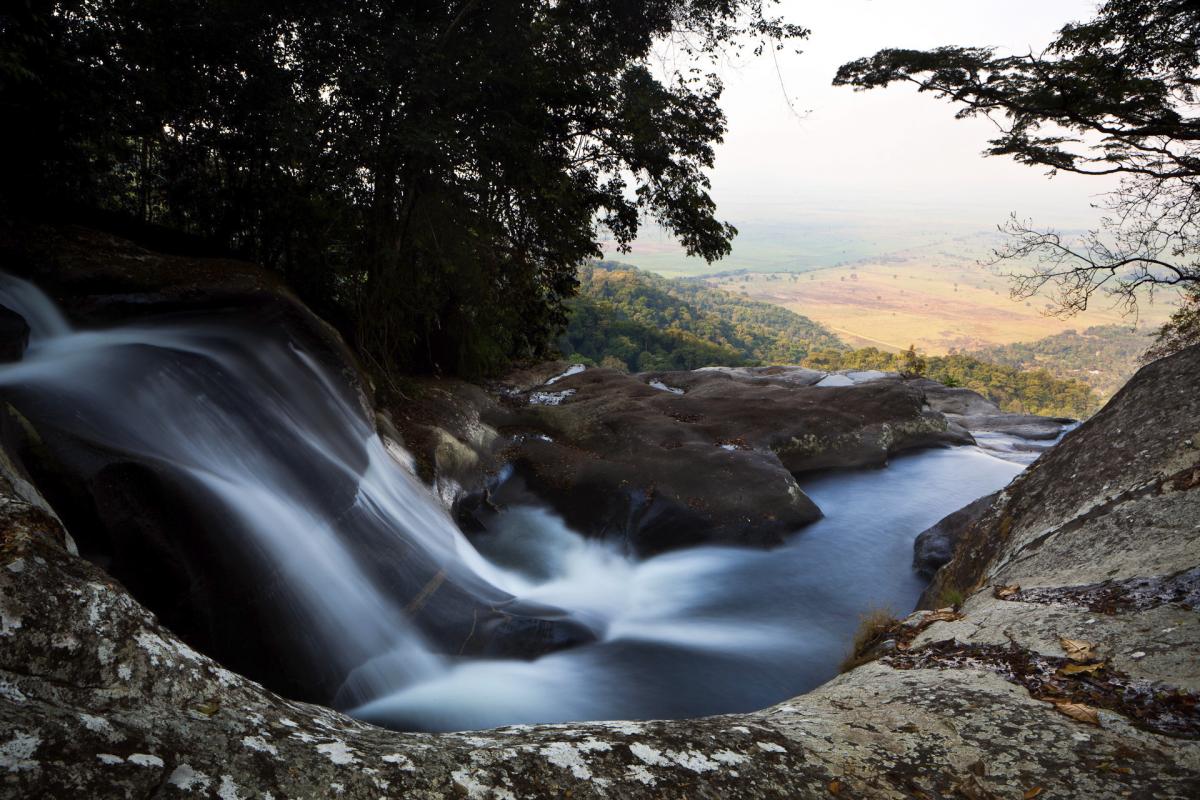Engaging civil society in land use planning to safeguard Tanzania’s water sources
Competing land uses around Tanzania’s Lake Rukwa threaten the water quality and quantity in this already dry area. Unsustainable agriculture, mining and inconsiderate upstream dam constructions put the water supply –and therewith the food security- at risk.

Photo: © IUCN NL
By Mark van der Wal, Senior Ecologist at the IUCN National Committee of the Netherlands
To safeguard water sources, careful orchestration of land use claims is needed. An upcoming Strategic Environmental Assessment provides an opportunity for civil society organizations to stress the importance of ecological preconditions needed for sustainable development at landscape level.
"The Lake Rukwa basin supports all sorts of activities in the region. It is the source of water for domestic water supply, irrigation, livestock, wildlife, mining and fishing,” says Andrew Mariki, Manager of the Shared Resources, Joint Solutions programme in Tanzania. However, several developments lead to a rapid degradation of water quantity and quality. “Poor agricultural practices, such as excessive use of pesticides, and mercury pollution from mining activities pose a major threat to the water quality, putting the health of water users at risk. Erosion caused by tree felling and charcoal burning affects the water quantity.” The effects of climate change further aggravate these threats.
Safeguarding this important water source requires careful orchestration of land use claims. “We can avoid the degradation of ecosystems by helping shape planning processes,”states Mark van der Wal, senior ecologist at IUCN NL. “If civil society organizations defending international public goods get the opportunity to advocate the importance of environmental safeguards, local development can benefit from healthy ecosystems improving water security, well as food security and climate resilience. This will benefit both local communities and wildlife.”
Opportunity to shape landscape planning
“Helping shape planning processes, however, is not such an easy task” says Van der Wal. "These processes are usually restricted to governments and economic powers behind them, with little involvement of civil society organizations, despite these groups having extensive knowledge of the landscape and natural environment".
Yet, an opportunity arises for the Lake Rukwa Basin. 'The Integrated Water Resource Management and Development plan' (IWRMD) developed by the Lake Rukwa Basin Water Board under the Ministry of Water and Irrigation, will be submitted to a Strategic Environmental Assessment to ensure environmental aspects, such as the impact of agro and mining developments on surface waters and aquifers, are taken sufficiently into account. This consultation process offers civil society organizations an opportunity to provide input to improve the plans.
IUCN NL and its local partners aim to enhance to effectiveness of this consultation process, by organizing introductory meetings to make stakeholders such as government bodies, companies and local civil society organizations more familiar with the process and to start a multi-stakeholder dialogue on sound land use planning.
Andrew Mariki explains why the partner organizations within the program Shared Resources, Joint Solutions and their partners within the SUSTAIN-Africa initiative will plead for more coherence in land use developments. “The extraction of gas, charcoal, fuelwood and agricultural activities all have an impact on the landscape and its water resources. Policy makers need to take all these developments into account and orchestrate them carefully to avoid degradation of the ecosystems crucial to the water supply we rely on - also for our food security and to cope with the effects of climate change.”
***
Originally published on IUCN NL website.
For more information, please contact the author mark.vanderwal[@]iucn.nl

